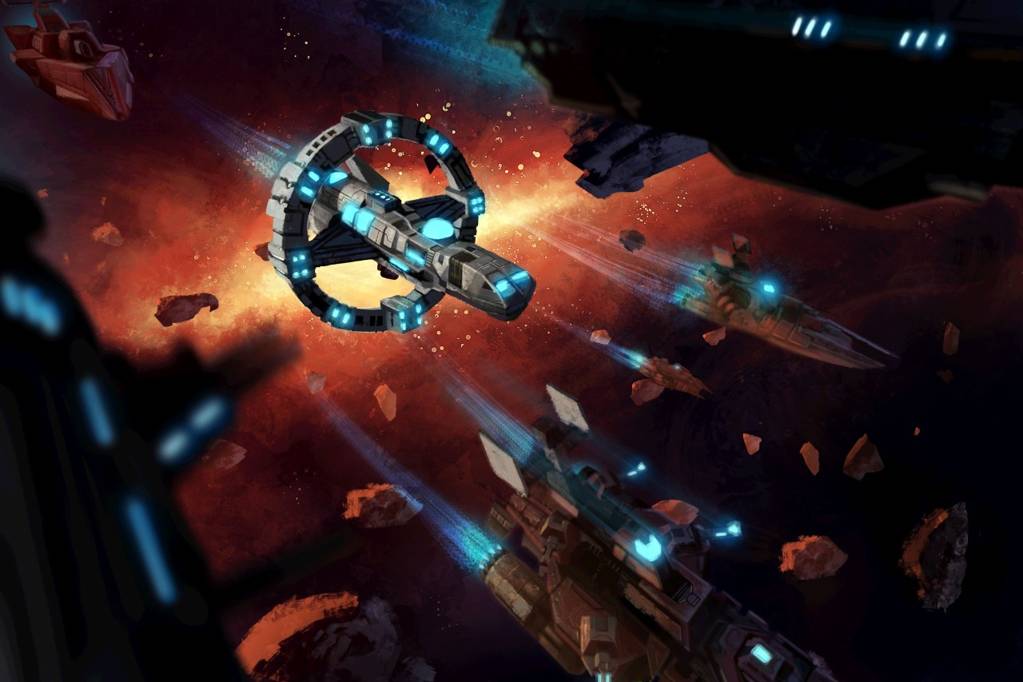

Superficially it seems like Supremacy might be the way to go for war-mongering civs, but in practice any Affinity enables players to continue to strive towards a dominance victory. They represent philosophies of colonialism - Harmony encourages players to adapt to their surroundings, Supremacy dictates that bend their new home to their will and Purity rejects the influences of the alien world on human purity. If you research Social Dynamics (essential if you want more cities) you can further amplify the effects of that tech by researching the Euthenics leaf - and you'll get a nice bonus to the Supremacy Affinity, if that's your goal.Īffinity is your over-arching goal, one of three choices - Purity, Harmony and Supremacy - which dictate your style of play. The web reaches outwards, but each node on the web has 'leaves' which you can research to further augment and amplify the effects of that research. As you research, pouring resources into Science while your people explore their strange new world, you'll begin to choose techs either based on your Affinity or based on quests you need to complete.

The tech tree from previous games is replaced with something more akin to ivy, a sprawling web of options encouraging players to lose themselves as they try to better their people, and the first few games you play the entire process will seem rather daunting. Because you've hand-picked the foundation of your new start on this alien planet, you really feel invested in their success, and this is a fantastic addition to Civilization. Other elements I had to choose were the people who joined me in my shuttle to the new world - I took some Machinery for an extra Worker unit, some scientists for the Research bonus and Retrograde Thrusters, because more space to choose my City's starting area could only be a good thing. The faction I picked, the Polystralians, gave me two extra trade routes - this seemed like a great idea when I was just starting, but eventually my only advantage would be overwhelmingly negated. Even before the game has started you're making choices which will have important ramifications for your success deep into the game, and you need to make those choices correctly. That's not an issue, really - Civ V is a four year old game and there are plenty of resources available for players who want to learn - but it does illustrate the thrust of the game's intention.Ĭivilization: Beyond Earth begins at the end of all civilisation, and it starts out fairly complex. I know it knows it because if you don't have a fairly soIid grasp on Civ V's mechanics, Civ: BE will only teach you the absolute basics. Civilization: Beyond Earth doesn't do this for Civilization V - I can't even fathom another such revolution - but that doesn't mean it's bad.Īt it's core, Civilization: Beyond Earth is a space add-on for Civ V and it knows it. Most of what we now know to be "Civilization" originated in AC, dragging it from being a war game with little politicking and into diplomatic and social arms race most know the game for now. Because as sequels go, even sequels with different names, Alpha Centauri took the Civilization II formula and threw it on it's head. And if the game you're succeeding happened to have very, very few bad parts, like Alpha Centauri.įor this reason alone I've spent the last few months ignoring claims that Civilization: Beyond Earth was a spiritual successor to Alpha Centauri. That's setting yourself up for failure from the outset. And that makes sense, right? If you're remaking an old game, one people loved, but you're doing it off-licence and therefore without the shackles that the franchise brings, all anyone expects is roughly the same game, graphically improved and with any bad parts fixed.

The moment you tell people a game is a spiritual successor, you're begging them to put on their rose-tinted glasses. Sometimes being labelled the spiritual successor to a popular game works out well, but too often it doesn't.


 0 kommentar(er)
0 kommentar(er)
